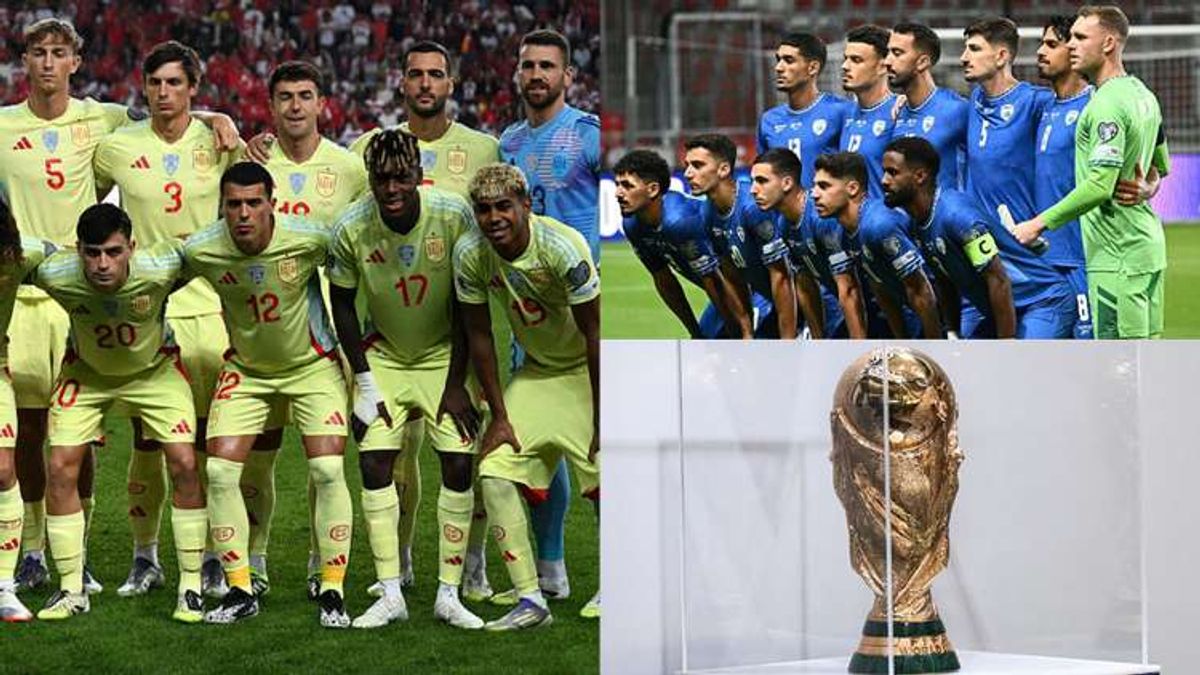Spain's Potential Boycott of 2026 World Cup Raises Global Concerns
Amidst escalating tensions following the UN report on Israel's actions in Gaza, Spain's threat to boycott the 2026 World Cup if Israel qualifies has sparked widespread debate among football fans and officials alike.

Spain have reportedly threatened to boycott the 2026 World Cup if Israel qualify. After a United Nations commission of inquiry stated that Israel had committed genocide against Palestinians in Gaza this week, Spanish government officials say they will "assess" the situation if Ran Ben-Shimon's team make it to next year's tournament in North America.
Spain's Controversial Stand
In a bold move that has taken the football world by surprise, the Spanish government has reportedly issued a threat to boycott the upcoming 2026 World Cup if Israel manages to qualify for the prestigious tournament. The decision comes in the wake of a United Nations commission of inquiry accusing Israel of committing genocide against Palestinians in Gaza, a grave allegation that has prompted Spain to raise serious concerns over Israel's eligibility to participate.
Global Speculation and Reactions
The potential boycott by Spain has generated a flurry of speculation and reactions from various quarters. While some applaud Spain for taking a principled stance against alleged human rights violations, others question the appropriateness of mixing politics with sports, arguing that the World Cup should remain a platform for pure sporting competition, devoid of political influences.
Ripple Effects and Diplomatic Implications
Should Spain follow through on its boycott threat, it could have far-reaching ripple effects on the global football landscape. The Spanish team's absence would not only impact the competitive dynamics of the tournament but also raise diplomatic tensions and pose logistical challenges for the organizing committee. Moreover, the episode underscores the broader issue of how geopolitical conflicts and human rights concerns intersect with the realm of sports, highlighting the complexities of hosting international events in a politically fraught climate.
A Call for Dialogue and Resolution
As the qualifying matches for the 2026 World Cup continue, the spotlight remains firmly on Spain's potential boycott and its implications for the tournament's future. Amidst the heated debates and divisions that this controversy has ignited, calls for dialogue, understanding, and peaceful resolution have emerged as vital reminders of the need to navigate sensitive geopolitical issues with caution and empathy. Whether Spain's threat materializes or not, one thing is clear: the intersection of sports and politics has once again come to the forefront, challenging stakeholders to find common ground amid diverging priorities and perspectives.














